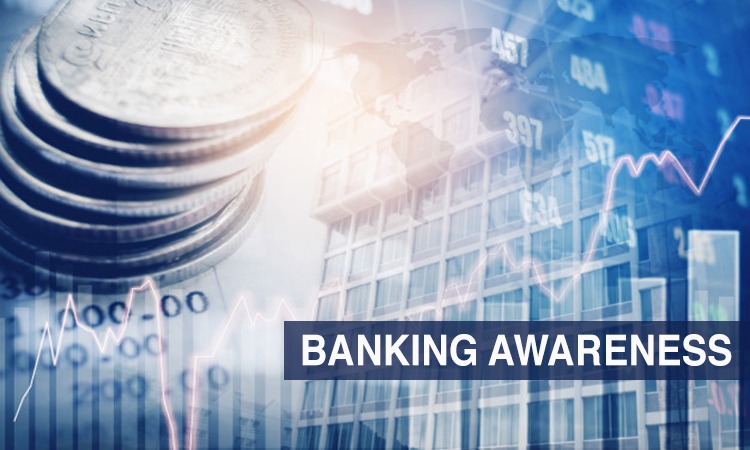Banking is not a modern invention but one that has been around since the early Middle Ages. The first bank was first established on 27 February 1472, Siena, Italy, but to be frank, the genesis for formal banking, accounting was laid by the Templars who set up a rudimentary form of banking in and around Europe, for over 200 years. Ever since then, most people have become more aware of banking practices which lead to the establishment of the first bank in Italy. And since then, banks have evolved over the years and today, they are the engine that keeps our society operating. Banking awareness has certainly grown in the last few decades as the public is more aware now of some of the more complex banking procedures.
Shares and commodity market:
As banking awareness grew, people soon realized that they could trade in stocks and commodities, with the first stock exchange being set up in Amsterdam. What is not that well known to many is that the idea of setting up the first commodity exchange started in Sumer, Iraq around 4000 BC to 4500 BC, which makes it apparent that people, in general, were already aware of banking, finance, and trading for a while. And today, it is not surprising that stock markets, commodities markets, forex markets, etc operate around the world, offering investors valuable opportunities to trade and make some quick money.
Public information:
While it should be pointed out that as far as banking procedures go, the public’s knowledge on the same remains woefully inadequate. That being said, it should be pointed out that it is due to information being disseminated by the RBI as well as the current government of India, which the public’s information on banking procedures has certainly improved over the last few years. When it comes to banks, some of the rules and procedures may seem archaic, while other information may seem convoluted for the common public. But despite that, it is important for the public to be aware of their rights and what they should expect from their bank. And in case they run into any issue, they can take it up with their bank as well as the banking ombudsman.
